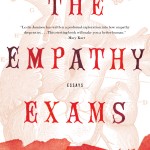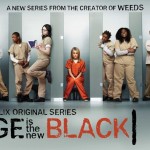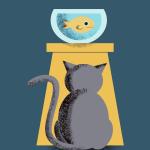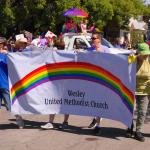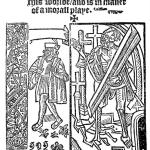Today, many Americans will be celebrating Cinco de Mayo, a holiday celebrated in America and Mexico that commemorates the Mexican Army’s victory in the Battle of Pueblo. In America, most of the celebration is accompanied by copious amounts of partying. Unlike most Americans, I see today as a different sort of holiday: the 201st birthday of Søren Kierkegaard. Kierkegaard’s thought offers an interesting reflection for us on this tequila-drenched holiday.
For Kierkegaard, the Modern Age has ushered in a state of nominal Christianity. Hegel’s “objectivity” has removed the subjectivity and relational nature of the God-Who-Became-Man. Rather than actually suffering for Christ and participating in good works, “Christendom” merely speaks the language of Christianity without actually practicing its tenets. To remedy this state of affairs, Kierkegaard recommends that we undergo “self-examination,” using his writings as means toward edifying our faith and understanding our individual standings before God.
The true practice of Christianity is completely antithetical, possibly even nonsensical, to the Modern world. Kierkegaard illustrates this thought through his “Parable of the Drunk”:
My DEVOUT listener. When the Apostles came forward on Pentecost Day, for the first time filled with the Holy Spirit, “All were alarmed and doubted and said, ‘what does this mean?’ But others mocked and said, ‘They are full of sweet wine’” (Acts 2:12-13). Hence no one was able to or ventured to explain what had happened here. Alarm and doubt seized all; only the mockers attempted an explanation –namely, that the apostles were drunk, and so early in the day, by nine o’ clock in the morning. This was the explanation. But it is inadequate, because, strangely enough, they were not this way only in the morning, no – if they were drunk – they were still drunk in the evening; and it was not only that morning, no – if they were drunk – they were also drunk the next morning and the evening of the next morning and a month later, and twenty years afterward, and even in the hour of death they were filled with the sweet wine that they, according to the mocker’s explanation – for otherwise the event on Pentecost day is inexplicable – must have drunk that morning. What profound mockery of the mocker’s explanation! (Judge For Yourself!, 96)
In this parable, Kierkegaard’s use of the drunk/sober metaphor contains an assertion that Modernity cannot understand Christianity. The drunken world has an impaired understanding of Christianity; the world cannot see its condition through a clear lens. Only through an experience with God and “the inward turn” can man truly see the world as it is – as its drunken self – and enter into the community of the sober, the community of believers. By living in sobriety, the Christian can truly live according to what is required of him.
Ironically, Kierkegaard believes that we, as Christians, must become “drunk” if we want to become sober. He is stating that the sober Christian must appear drunk to the Modern world. While the drunken Modernity believes itself to be sober, the sober Christian appears to be drunk. To further understand this parable, we should parse out the (false) distinction between practice and language.
Kierkegaard’s main critique of Modernity is that the Modern Age has separated Christian belief into language and practice. This separation of the Christian language from its embodied “form of life” expressed in the sober actions of a pious life, creates a situation in which the Modern world cannot truly understand the Christian. Kierkegaard explains that the true practice of Christianity can be manifested in Modernity, for the Christian must have a whole belief by holding to a unity of practice and language. In unifying language and practice, the Christian is able to truly live apart from the drunken, secular Christendom. With this exhortation, Kierkegaard hopes to see Christians live with an active spirituality that appears utterly nonsensical to the cushy and easy life of “Christendom,” which has removed all suffering, good works, and struggle.
According to Kierkegaard, we are “more or less intoxicated.” He states, “We are like a drunk man who is not completely drunk so that he has lost his consciousness – no, he is definitely conscious that he is a little drunk and for that reason is careful to conceal it from others, if possible from himself.” In our state of conscious drunkenness, we want to continue with the easiness of living in Christendom; we want to join with the masses and chant the slogans of the day.
To become sober, Kierkegaard advises that we turn inward, examine our standing before God, and live according to “Christianity’s requirement […].” He states, “Your life should express works as strenuously as possible; then one more thing is required—that you humble yourself and confess: But my being saved is nevertheless grace.” By living according to works and receiving salvation through grace, Kierkegaard points to the way in which we can live as sober Christians.


